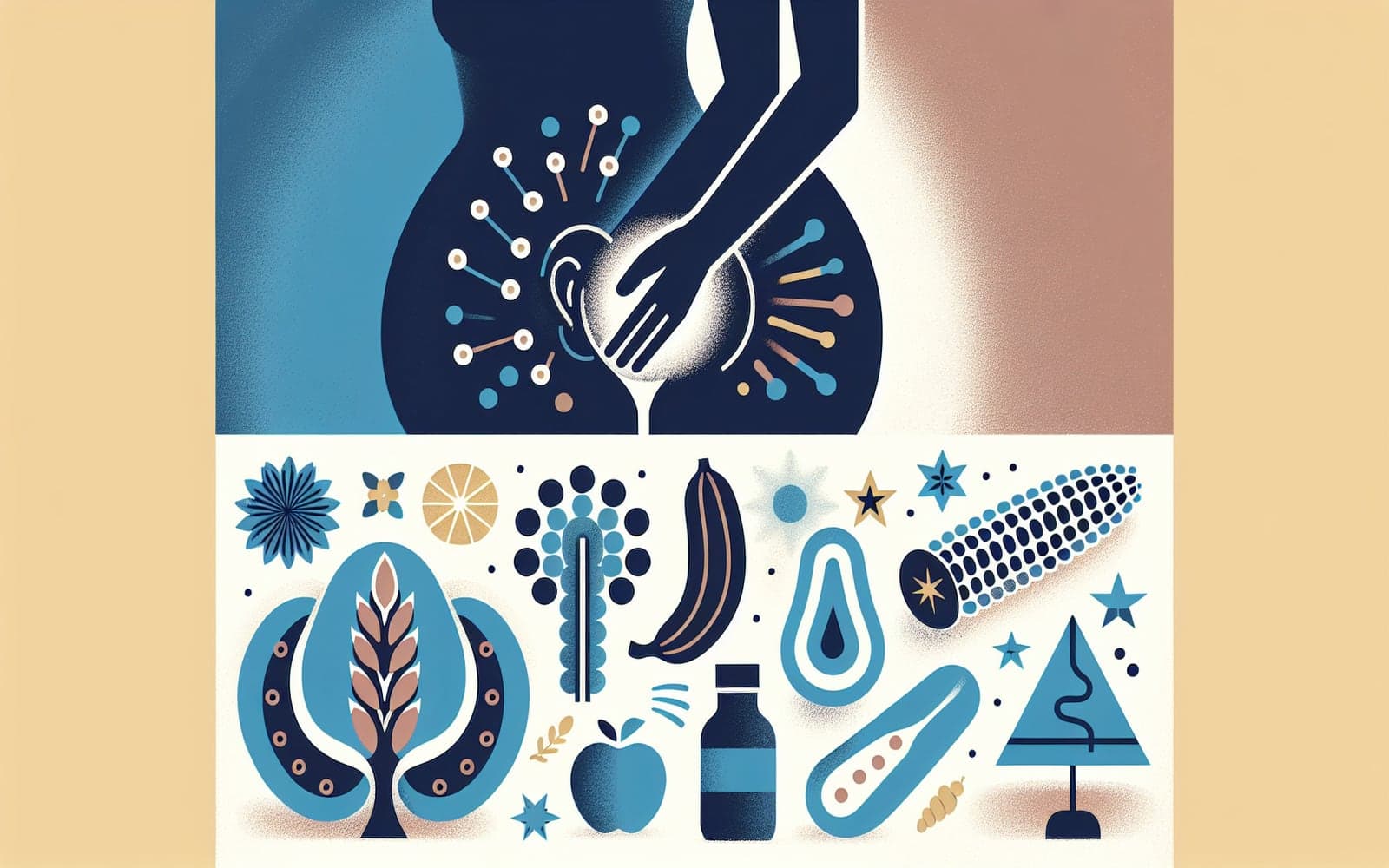Contents
-
Foods to Avoid
-
The Role of Fiber
-
Hydration and Hygiene
Can Changing My Diet Stop Anal Itching?
Can Changing My Diet Stop Anal Itching?
Why It Matters
Diet can play a surprising role in causing or preventing anal itching. Discover how simple changes can make a big difference.
Contents
-
Foods to Avoid
-
The Role of Fiber
-
Hydration and Hygiene
Foods to Avoid
Certain foods and beverages are known to exacerbate anal itching. Items like coffee, tomatoes, and spicy foods may irritate the anal area or cause diarrhea, leading to more itching. Avoiding these can help manage symptoms effectively.
The Role of Fiber
Fiber is crucial in promoting healthy bowel movements and reducing fecal leakage. By increasing stool bulk, fiber can help achieve the ideal stool consistency, which is soft yet well-formed, preventing irritation and itching.
Hydration and Hygiene
Staying hydrated and maintaining good anal hygiene are essential. Drinking enough water helps prevent constipation, while proper cleaning practices can reduce irritation. Using gentle, non-irritating cleaning agents is recommended.
FAQs
What foods can worsen anal itching?
Coffee, tomatoes, and spicy foods may worsen anal itching.
How does fiber help with anal itching?
Fiber increases stool bulk, reducing leakage and irritation.
Is hydration important for preventing anal itching?
Yes, staying hydrated helps prevent constipation.
What cleaning practices help reduce anal itching?
Using gentle, non-irritating cleaning agents is recommended.
Wrapping Up
Small dietary changes can significantly reduce the discomfort of anal itching.
Additional References
-
Smith LE, Henrichs D, McCullah RD. Prospective studies on the etiology and treatment of pruritus ani. Dis Colon Rectum 1982; 25:358.
-
Farouk R, Duthie GS, Pryde A, Bartolo DC. Abnormal transient internal sphincter relaxation in idiopathic pruritus ani: physiological evidence from ambulatory monitoring. Br J Surg 1994; 81:603.
This article has been reviewed for accuracy by one of the licensed medical doctors working for Doctronic.












